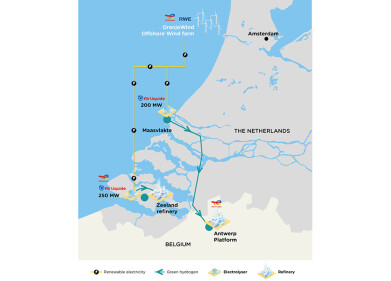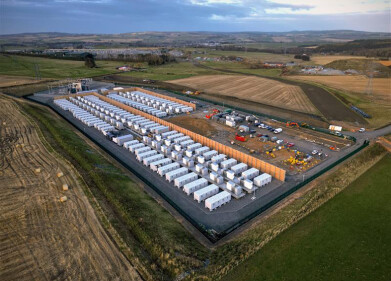Green energy
What Are the Aims of COP27?
Nov 14 2022
Now well into its second week, the 27th annual Conference of the Parties (COP27) at Sharm El Sheikh in Egypt has welcomed some 35,000 delegates, including heads of state, policymakers and dignitaries from across the globe. As the biggest climate event of the calendar year, there are high hopes that COP27 can make further progress towards following the advice of climate scientists to slow global warming and its attendant issues.
But what, specifically are the aims on the agenda at this year’s conference? From reducing emissions and guaranteeing a sustainable source of food for the world’s ballooning population to finding an agreement over climate financing and “loss and damage” reparations, we cover the biggest objectives being discussed by negotiators over the last week and the coming days.
Curbing greenhouse gas emissions
The Paris Agreement, signed in 2015, was hailed as a milestone in climate cooperation, as it marked the first time that nations all around the globe acknowledged the need to work together to combat this universal problem. However, a recent report from the UN found that the pledges made by the 193 signatories to the deal are only sufficient to limit global warming to 2.5°C compared to pre-Industrial Revolution levels. That’s far short of the 1.5°C target, so COP27 will aim to encourage nations to revise and improve upon their nationally determined contributions (NDCs).
Mitigation and adaptation funding
At the Copenhagen COP in 2009, rich nations around the world agreed to provide $100 billion every year by 2020 to the developing world in order for them to mitigate their emissions and adapt to a more sustainable future. This would involve leapfrogging polluting technologies such as fossil fuels in favour of renewables such as wind, wave and solar power. However, that funding has yet to materialise and the target has been pushed back to 2023. Achieving it through binding agreements at COP27 is a key priority of the conference.
“Loss and damage” compensation
While the developed world may be focused solely on encouraging their developing counterparts to bring down their emissions levels, the latter do not share the same point of view. Instead, they claim that they are due significant compensation for the damage wrought on their countries, communities and infrastructure by extreme weather events brought on by climate change. Indeed, given that Africa as a continent has contributed less than 4% of greenhouse gas emissions historically, but it one of the most vulnerable parts of the world as a consequence of climate change, it’s difficult to disagree with their point of view. Reconciling this with the West is a key objective of COP27.
Food security
Egypt’s role as host of COP27 is especially relevant this year, since some 17 million people in the continent of Africa are exposed to food shortages and famine as a direct result of the extreme weather events caused by climate change this year. The war in Ukraine has only exacerbated food scarcity, meaning that the world’s nations will need to put their heads together to figure out how to meet global demands without increasing the already damaging environmental footprint that agriculture carries.
Events
Apr 08 2025 Targi Kielce, Poland
Apr 08 2025 Bahrain
Apr 10 2025 Beijing, China
Apr 10 2025 Beijing, China
Apr 15 2025 Moscow, Russia














